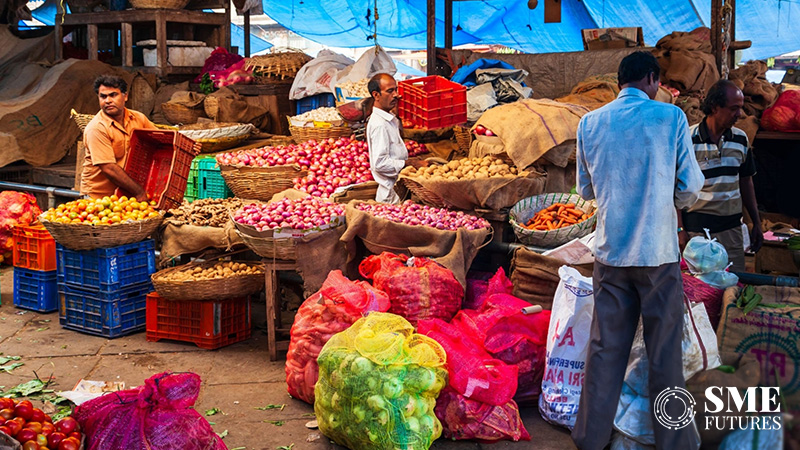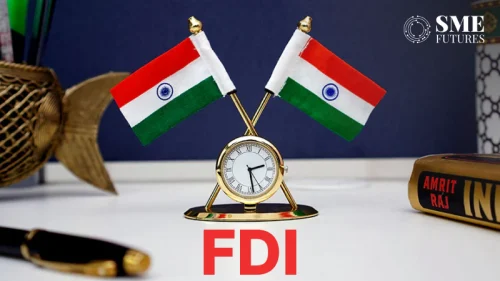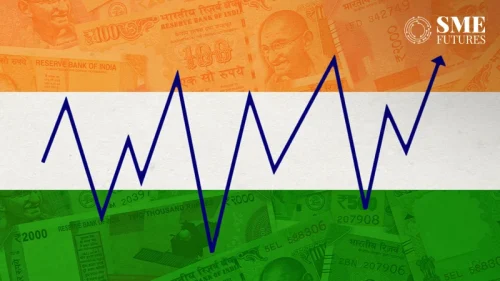Retail inflation in India which rose in June after falling in the preceding four months is projected to rise further in July due to rising food prices, said Crisil in a report on Wednesday. July retail inflation data is due next week.
According to the rating agency’s report, food inflation in India, which accounts for a sizeable 39 per cent of the headline Consumer Price Index, is showing renewed signs of pressure. “The prices of cereals, pulses and, in the near-term, vegetables, remain a key monitorable. Cereals inflation has been sticky in double digits over the past six months. Looking at the current production trends, pulses are in a
vulnerable position,” the report said.
The concern about food inflation is evident in the pre-emptive steps the government is taking, such as restricting some types of rice exports, imposing stocking limits on wheat, and other market interventions to improve their supplies.
Excess rains at the time of Kharif sowing too added to the concern for inflation. Farmers in India have started sowing their Kharif crops recently. Paddy, moong, bajra, maize, groundnut, soybean, and cotton are some of the major Kharif crops.
“Since excess rains happened at the onset of sowing, farmers seemed to have delayed sowing to drain excess water. It is likely to have damaged the sown crops, though official estimates on damages are awaited,” the Crisil report said.
Retail inflation in India rose considerably in June to 4.81 per cent, largely due to a sharp spurt in vegetable prices. Besides vegetables, meat and fish; eggs; pulses and products; spices indices too saw an uptick.
Back in May, the retail inflation was at a two-year low of 4.25 per cent. It was at 4.7 per cent in April and 5.7 per cent the previous month.
The rise in inflation in June could partly be attributed to the current spurt in tomato prices across India. The rise in tomato prices has been reported across the country and was not just limited to a particular region or geography. In key cities, it rose to as high as Rs 150-160 per kg, though they have declined substantially ever since.











